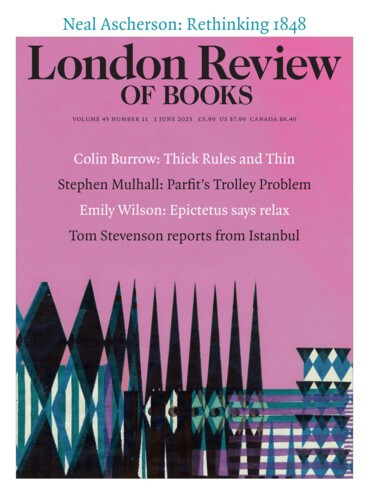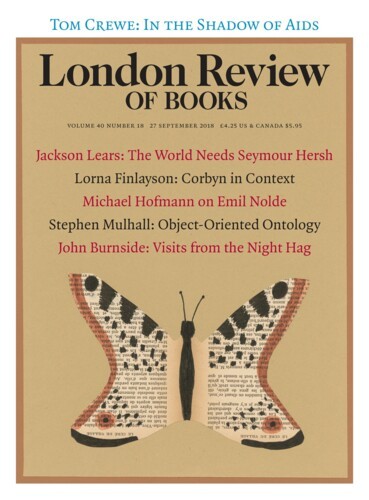Self-Interpreting Animals
Stephen Mulhall, 9 October 2025
Charles Taylor has had a long, fêted career as a philosopher with a particular interest in bringing the French and German traditions into productive conversation with their Anglo-American counterparts, and in bringing political and ethical theorising to bear on contemporary politics both in the UK and in his country of birth, Canada: he was an active participant in the British New...





